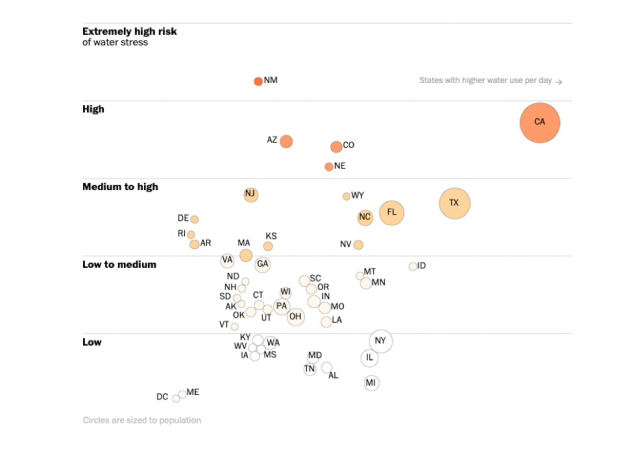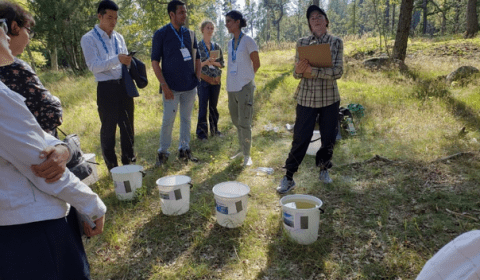Climate change is not the only reason to blame for India’s Chennai water crisis
Chennai, capital of the southern state of Tamil Nadu in India has been trending on social media in the wake of its acute water crisis. Chennai’s water shortage is so severe that it has made international news. Water problems are not new to the Indian population. Water is regarded as “Blue Gold” due to extreme scarcity and a high price. With the government’s negligence, every summer story is the same and people continue to suffer.


